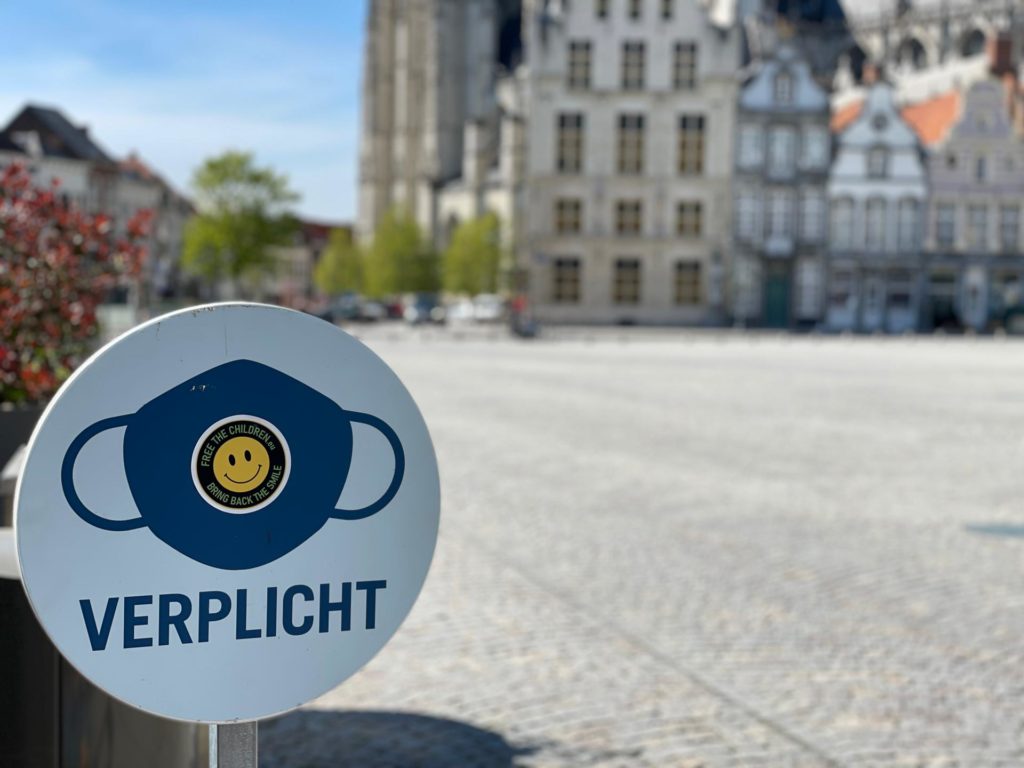It is too early to abandon the use of face masks in Belgium, as the coronavirus situation remains too fragile, according to infectious disease expert and head of the GEMS advisory group Erika Vlieghe.
The United States announced on Thursday that fully vaccinated people can resume activities without wearing a mask or physically distancing, after the Centre for Disease Control and Prevention updated its advice on how vaccinated people can protect themselves and others.
"The situation is extremely fragile, even in the US. It is not only in Europe that we are concerned about the rise of the Indian and other variants," Vlieghe told Radio 1.
Related News
- Over one-third of French speakers in Belgium would refuse coronavirus vaccine
- 10% of Belgium has now been fully vaccinated
She added that the decision in the US may be aimed at giving the vaccination campaign, which has been slowing down, an extra boost.
In the US, around 36% of the population is now fully vaccinated, in comparison with just 10% of the total population in Belgium.
"However, even that still seems a bit on the low side. We see that epidemiological situations are easier to control once you pass the 40% to 50% vaccination rate mark," Vlieghe said.
Both countries can't be compared for the relaxation of such measures specifically for vaccinated people, as not everyone has had the chance to be vaccinated in Belgium, whereas in the US, they have. Vlieghe argued that "we should therefore be careful with rules that divide society."
She added that, because this measure was implemented as a response to the epidemic in Belgium, it was never meant to be permanent, but they can only be abandoned once the epidemic is "sufficiently well or permanently under control."
Can face masks be abolished for children?
Meanwhile, Belgium's Commissioner for Children's Rights, Caroline Vrijens, specifically called for compulsory face masks for pupils in the fifth and sixth grades to be abolished, arguing that there are many risks associated with them for younger people.
"There is a risk of anxiety induction in children, it also negatively affects communication at school and in public spaces due to the loss of non-verbal communication. But there is also the possible impact on the mental well-being of children," Vrijens told Radio 1.
She added that, when looking at what relaxations are in place now and have been announced for the coming weeks, "it's reasonable that the mouth mask requirement for children remains."
However, Vlieghe said it is also too early to consider abolishing this measure in schools, explaining that "the number of infections in classes is increasing. Risks and inconveniences must be weighed against each other all the time."
The GEMS leader, who had openly opposed the relaxations set out in the government's "summer plan" during the Consultative Committee on Tuesday also repeated her appeal not to go too fast with the relaxations.
"We must not all rush to the exit, because then people will get trampled. That would be a shame and we would be shooting ourselves in the foot," Vlieghe pointed out.

